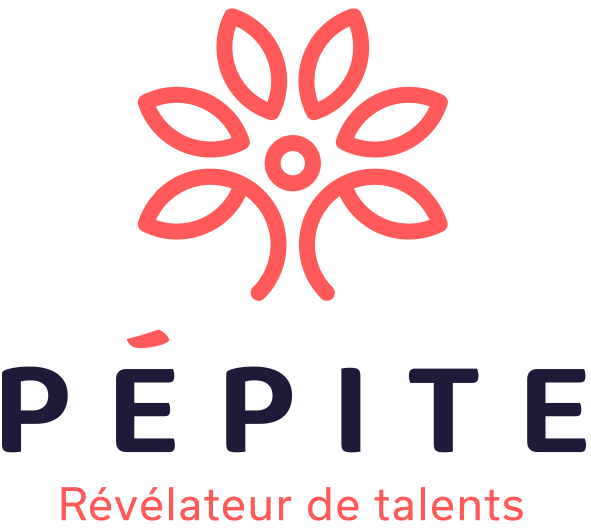

Pépite Paris

Paris, France
March 2024
Event catering & related
Service with Significant Environmental Footprint
France
Pépite Paris est une agence événementielle eco-responsable et solidaire. Nos espaces au coeur de Paris permettent l'organisation de réunions et d’ateliers de cohésion engagés et engageants pour les entreprises. Notre mission ? Faire rayonner le lien social et l’engagement dans le collectif en révélant les talents de chacun et l’énergie du groupe, par et dans le respect du vivant. Nos ateliers sont mémorables : teambuildings culinaires, floraux, ateliers DIY, rallyes et jeux défis autour du climat ou de la biodiversité...///... Pépite Paris is a Parisian event agency. Our mission is to foster social cohesion and collective empowerment by unleashing the unique talents of individuals and harnessing the collective energy of a team, through and with respect for the living world. We create memorable workshops: culinary and floral teambuildings, DIY workshops, rallies and challenge games on climate or biodiversity...
Overall B Impact Score
Governance 16.7
Governance evaluates a company's overall mission, engagement around its social/environmental impact, ethics, and transparency. This section also evaluates the ability of a company to protect their mission and formally consider stakeholders in decision making through their corporate structure (e.g. benefit corporation) or corporate governing documents.
What is this? A company with an Impact Business Model is intentionally designed to create a specific positive outcome for one of its stakeholders - such as workers, community, environment, or customers.
Workers 28.9
Workers evaluates a company’s contributions to its employees’ financial security, health & safety, wellness, career development, and engagement & satisfaction. In addition, this section recognizes business models designed to benefit workers, such as companies that are at least 40% owned by non-executive employees and those that have workforce development programs to support individuals with barriers to employment.
Community 20.4
Community evaluates a company’s engagement with and impact on the communities in which it operates, hires from, and sources from. Topics include diversity, equity & inclusion, economic impact, civic engagement, charitable giving, and supply chain management. In addition, this section recognizes business models that are designed to address specific community-oriented problems, such as poverty alleviation through fair trade sourcing or distribution via microenterprises, producer cooperative models, locally focused economic development, and formal charitable giving commitments.
Environment 24.4
Environment evaluates a company’s overall environmental management practices as well as its impact on the air, climate, water, land, and biodiversity. This includes the direct impact of a company’s operations and, when applicable its supply chain and distribution channels. This section also recognizes companies with environmentally innovative production processes and those that sell products or services that have a positive environmental impact. Some examples might include products and services that create renewable energy, reduce consumption or waste, conserve land or wildlife, provide less toxic alternatives to the market, or educate people about environmental problems.
Customers 4.3
Customers evaluates a company’s stewardship of its customers through the quality of its products and services, ethical marketing, data privacy and security, and feedback channels. In addition, this section recognizes products or services that are designed to address a particular social problem for or through its customers, such as health or educational products, arts & media products, serving underserved customers/clients, and services that improve the social impact of other businesses or organizations.